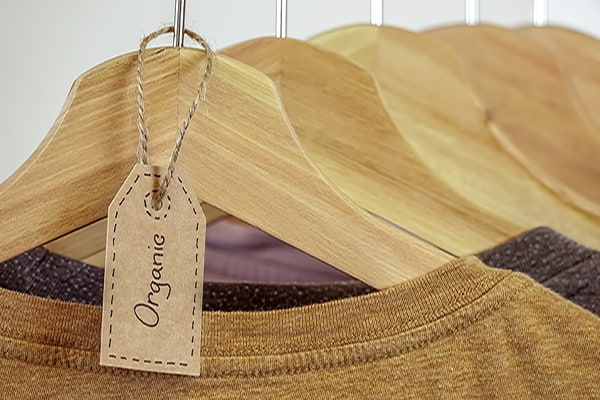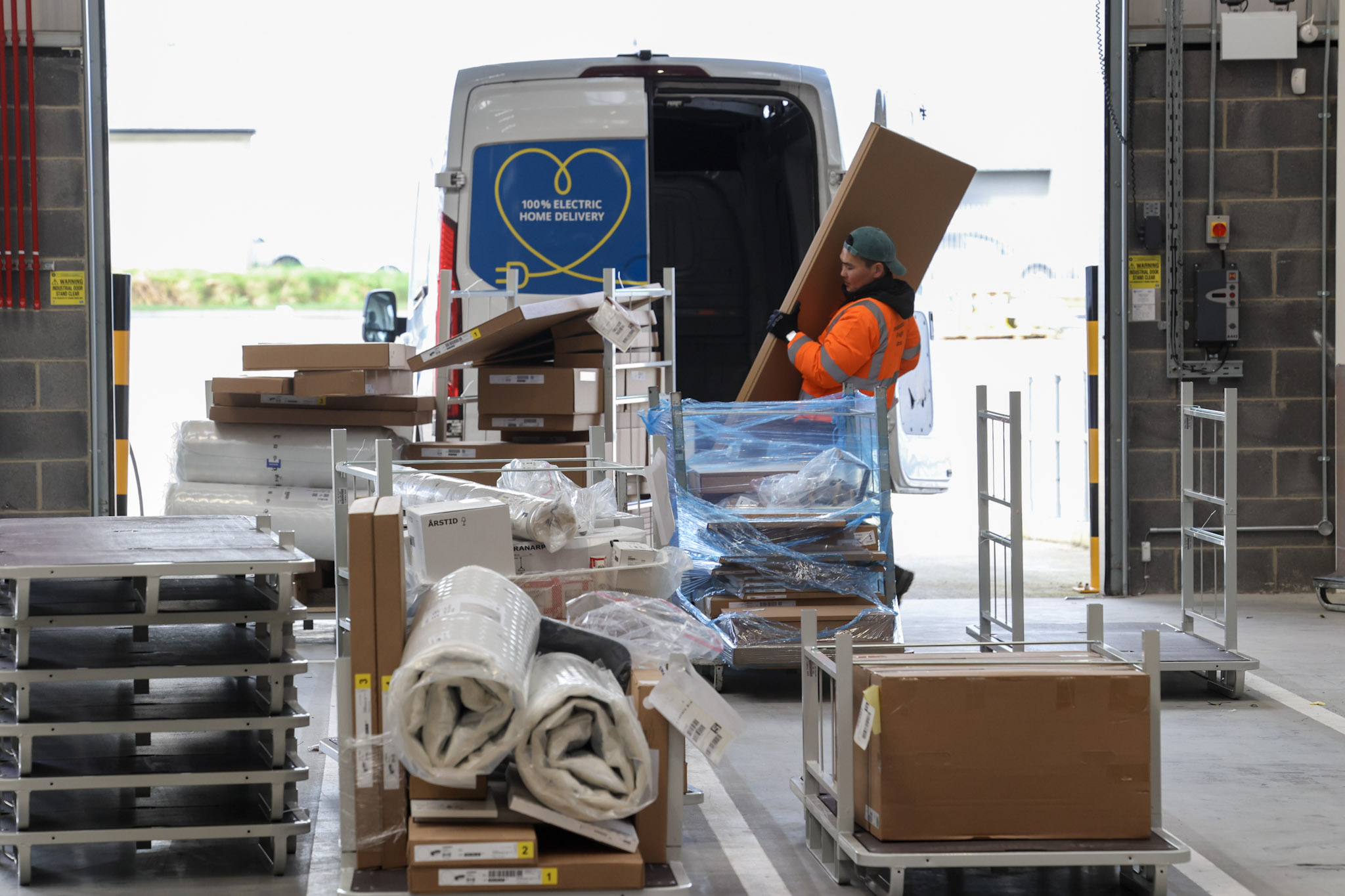The cost of living rise is having a direct impact on shopping habits, with 80% of consumers saying their day-to-day costs have gone up, half are buying less and 60% are ditching sustainability in favour of value for money as a result.
Shoppers are also calling on retailers to do more to promote sustainabile behaviour, encourage more use of public transport and making second-hand clothes more attractive.
The data comes from a survey of 2,000 consumers in the UK, commissioned by New West End Company (NWEC) – which represents 600 retail, restaurant, hotel and property owners across Bond Street, Oxford Street, Regent Street and Mayfair – and finds that tightening purse strings will drastically change shopping habits.
It also comes after The British Retail Consortium revealed that growth in UK retail sales slowed last month, as fears over the rising cost of living led to the sharpest drop in consumer confidence since the 2008 financial crisis.
Of the consumers who expect their cost of living to rise even further in the next 12 months, value for money and cost of products and services are now the top of their list of considerations when shopping – so much so that 60% more people would prioritise value for money than environmental impact. Meanwhile, nearly a third (30%) say they will need to prioritise price over quality, and one in seven (15%) are concerned that they will shop less sustainably.
The findings are in sharp contrast with data that shows shoppers have become more environmentally conscious since the pandemic. Three in ten (29%) say they are more aware of the environmental impact of their shopping habits, whilst a quarter (24%) are more concerned about the carbon emissions related to home deliveries and online returns. This comes as over a third (36%) of respondents claim the amount they buy online has increased since the start of the pandemic.
With appetite for sustainable action remaining high but the price of goods rising, shoppers are favouring cost-effective ways to support green habits. The three most popular sustainable shopping behaviours are recycling clothing (41%), buying second-hand items (33%) and walking or taking public transport to the shops rather than driving (32%).
Jace Tyrrell, CEO of New West End Company says: “With the consumer prices index (CPI) on course to breach 9% this month, the highest in three decades, it is unsurprising that consumers are having to make difficult decisions about how they spend their money. The good news is that consumers are more conscious about the impact their shopping habits have on the environment, and there is clearly interest in leading greener lifestyles.”
However, the research also reveals a desire for more support from retailers, with two thirds (65%) of shoppers saying retailers should be doing more to support their sustainability efforts. In fact, an additional two thirds (65%) believe retail businesses should collaborate with competitors in an effort to reduce the environmental impact of the industry.
When it comes to the areas consumers would like retailers to prioritise – the recyclability of goods packaging (47%), committing to no longer using single-use plastic (45%) and incentivising consumers to recycle unwanted goods (31%) – for example, by rewarding them with vouchers when they return products in-store – were the three most popular actions. Meanwhile, 27 per cent of consumers say they would favour locally-made goods that require less transportation and therefore have a smaller carbon footprint.
Tyrrell, continues: “Today’s research shows there is clearly a desire for retailers to make it easier for consumers to make more responsible choices – from how they package and transport their goods – to what they do with goods at their end of life. Bricks and mortar retail businesses can play a particularly important role by encouraging visitors to travel via public transport and therefore reducing carbon emissions associated with last mile deliveries.
“The high street also has an opportunity to create altogether more sustainable customer experiences, whether that’s recycling rewards schemes or product ranges that support locally-made goods. The West End, for example, is welcoming more start-up businesses and increasing the process of greening in our public spaces. In doing so, retailers will benefit from creating a more inviting environment for their visitors, and of course, improved environmental credentials.”
Oliver Wayman, Co-Creator #TOGETHERBAND & Co-Founder BOTTLETOP says: “The sharp rise in living costs must not undermine the advances we have made towards more sustainable consumer habits. While individuals are rightfully looking to save money wherever possible, retailers have an integral role and a responsibility to drive consumers towards sustainable, local and ethical shopping. Physical retail should provide personalised, experiential spaces that can inspire consumers towards sustainable actions, both through their shopping habits and beyond.”










